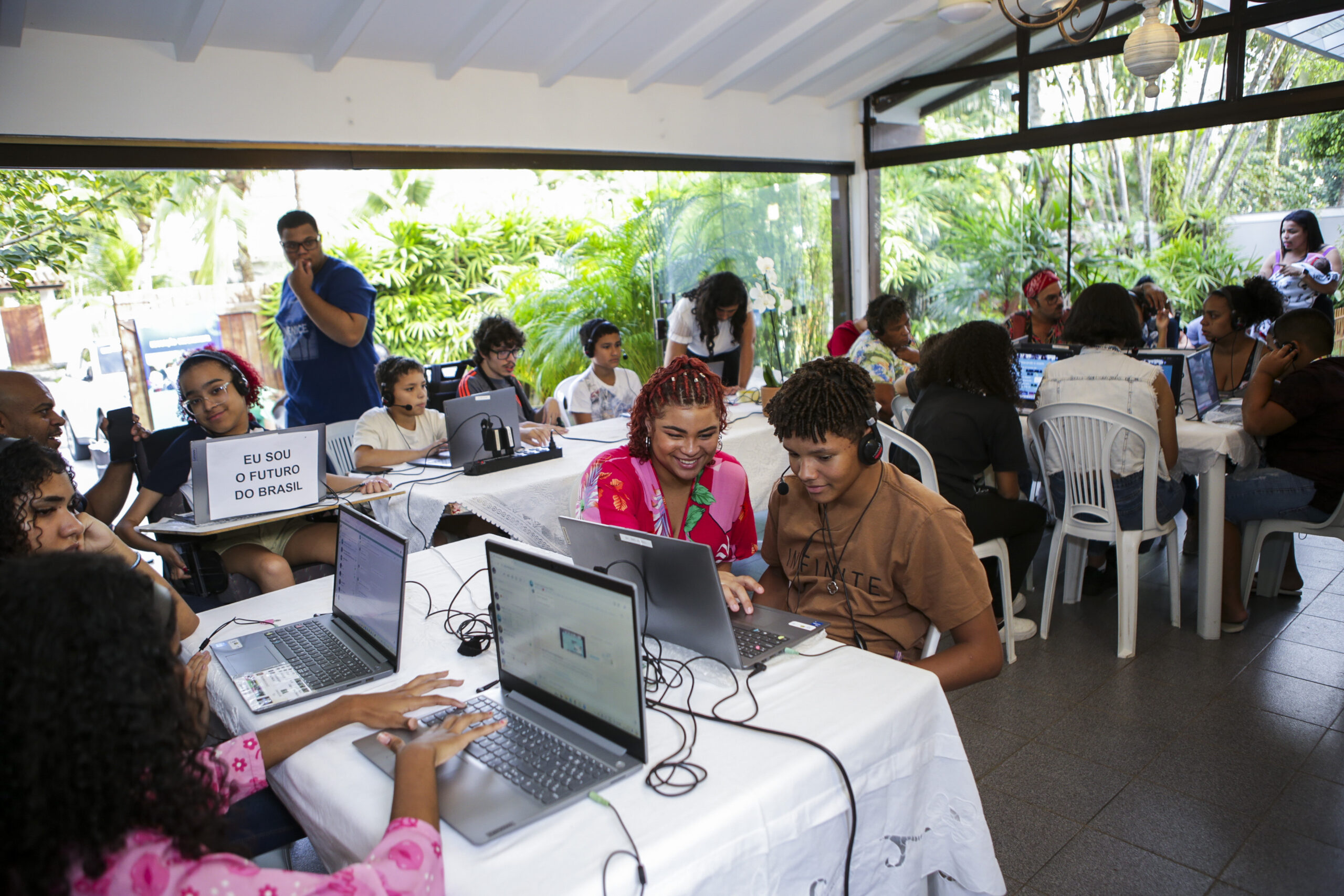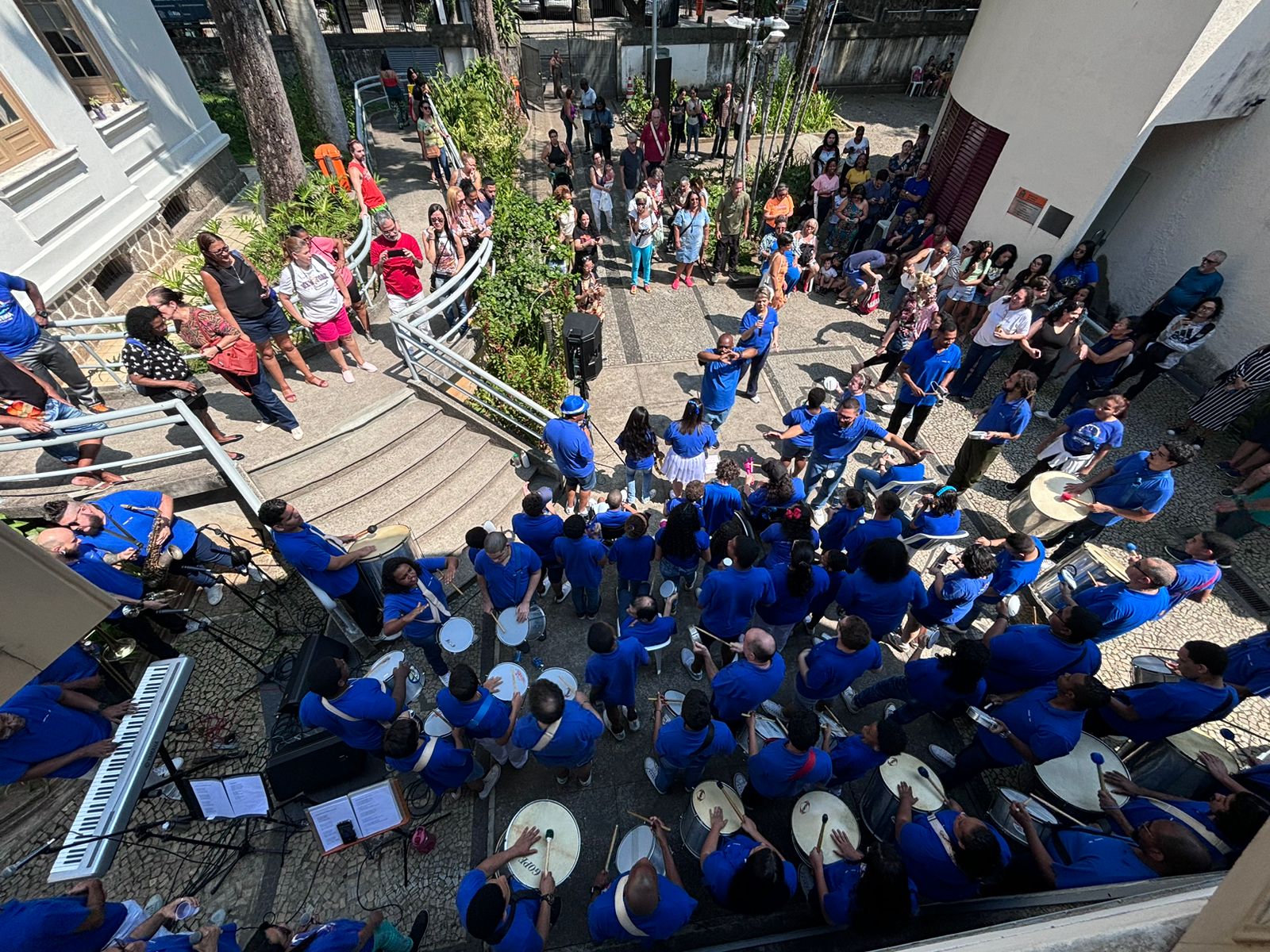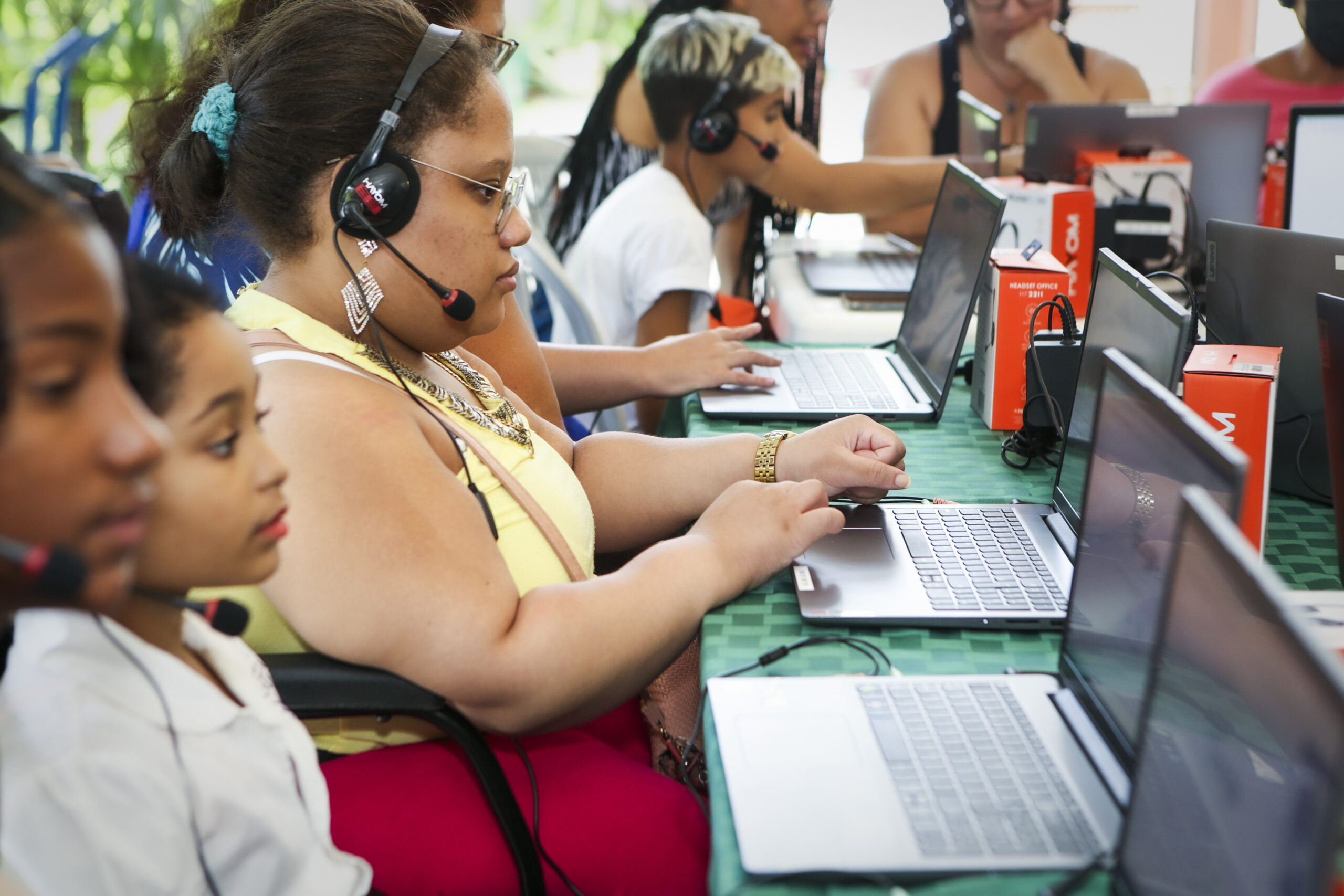World Creativity and Innovation Day: remember innovative projects of AWC

Today is the World Day of Creativity and Innovation. The date is a recognition of the importance of these elements for human development. Both, even more so when together, have the potential to bring solutions to global problems through ideas put into practice. It is in this direction that the Academic Working Capital (AWC) initiative is heading, whose objective is to contribute to taking graduation Papers (TCC) from the paper with the potential to become solutions that effectively contribute to making people’s lives easier, leveraging the creation of new businesses and new technologies.
Replacing animals in dermatological tests
A resident of Cotia, in São Paulo, and mother of two daughters, Solange Oliveira studied Biomedical Engineering at the Pontifical Catholic University of São Paulo (PUC-SP) with a scholarship from the University for All Program (ProUni). Already in the first year of college, he created a glove inspired by the paw of a gecko for people with stroke sequelae. Throughout the course, he developed several innovative projects with his creativity focused on developing solutions that make a difference in people’s lives. In this sense, he had the idea of developing an artificial skin to replace the use of animals in dermatological tests. The biofabric created from human cells taken from tissues discarded from plastic surgeries was named Kypskin and is the flagship of Organa Kypseli, a biotechnology startup focused on tissue engineering founded by Solange, and which was one of the projects that became business model through AWC 2020/21.
“Participating in the AWC was equivalent to a master’s degree. The program offers a range of very good tools for people to really understand and see your product differently, visualizing the problem and the solution. Also, I met a lot of people I didn’t even think I’d meet. I created a spectacular network because of the AWC”, says Solange.
Expand access to clean water
Anna Luísa Bezerra, from Bahia, participated in the AWC in 2018, where she developed the Aqualuz startup. Thanks to the development of her idea, in 2019 she was the first Brazilian to win the UN Young Champions of the Earth Award. At the AWC, Anna Luísa, Lucas Gama Dantas Ayres and Letícia Nunes Bezerra developed a unique solution in the world: making water potable in a simple way, with low cost and high durability.
Developed especially for the semi-arid region, the device is easy to maintain and clean, has a useful life of up to 20 years, can be used in cisterns and provides 28 liters of water per day, ready for consumption.
“The program opened incredible doors, and even after the end of our official follow-up period, we continued to receive a lot of support from the AWC and Instituto TIM. Today’s results are all the result of the training and financial support we received”, says Anna Luisa.
Reduce food waste
It is also worth highlighting the creativity and innovation of the Revfood project, participating in the AWC 2022, which brings a solution to food waste. The developed product preserves food by applying an ultra-thin edible film made from fruit peel, creating a barrier that increases the shelf life of low-cost foods. The idea for the project came up during his undergraduate study of biomaterials, when university student Jonas Cunha da Silva discovered the area of knowledge called Biomimicry, where design and engineering meet, inspired by nature’s solutions, to create completely sustainable products and processes.
“At university, I learned about the Triple Helix model of Innovation, which unites government, universities and companies to create new products. Seeing that the TIM Institute has been carrying out the AWC within this concept, I was motivated to turn my idea into reality”, says Jonas, a Bioprocess Engineering student at the Federal University of Pará. In addition to him, the Revfood team is formed by Marcos Meirelles, Giovanna Beatriz and Thayanne Santos.
About AWC
Academic Working Capital (AWC) is an entrepreneurial education program promoted by TIM Institute that supports students who want to transform their TCCs (Completion of course works) into a technology-based company whose purpose is to contribute to solving society’s challenges. The program’s methodology begins with the identification and validation of a problem, goes through the construction of the solution to the challenge raised – which can be a product or a service – and ends with the structuring of a business model that is sustainable. For this, students participate in workshops, mentoring with technology specialists and receive financial support for the development of the prototype.





































































































